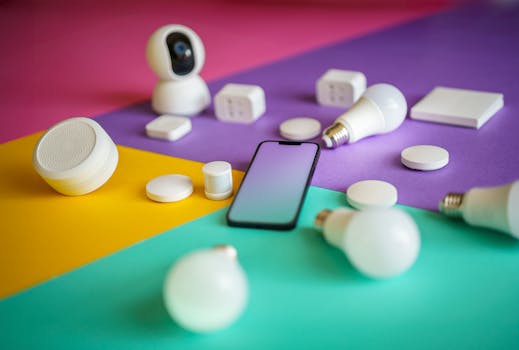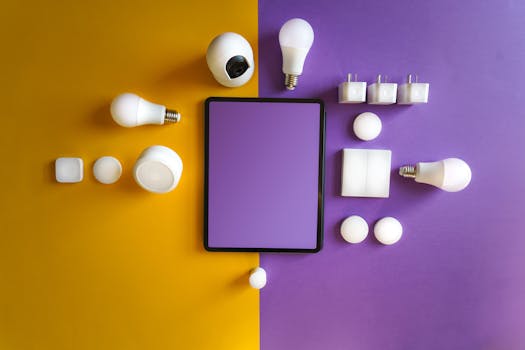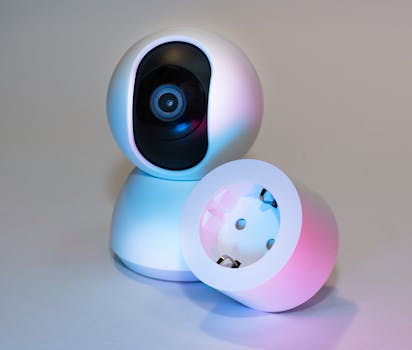Home Automation in 2025: The Smart Home Ecosystem
Introduction to Home Automation

Home Automation in 2025: The Smart Home Ecosystem is the future of living. With the rise of the Internet of Things (IoT), smart home technology has become increasingly popular, making our lives easier, safer, and more convenient. Home automation refers to the use of technology to control and monitor various aspects of a home, including lighting, temperature, security, and entertainment systems.
Benefits of Home Automation

The benefits of home automation are numerous. For one, it provides enhanced convenience, allowing homeowners to control their home’s systems remotely using their smartphones or voice assistants. This means you can turn on the lights, adjust the thermostat, or lock the doors with just a few clicks or voice commands. Home automation also provides improved safety and security, with features like motion detection, video surveillance, and smart door locks.
Components of a Smart Home Ecosystem

A smart home ecosystem consists of various devices and systems that work together to provide a seamless and integrated experience. These components include:
- Smart Speakers: Voice assistants like Amazon Alexa, Google Assistant, and Apple Siri that control and interact with other smart devices.
- Smart Lighting: LED bulbs and lighting systems that can be controlled remotely and adjusted to different colors and brightness levels.
- Smart Thermostats: Devices that learn your temperature preferences and adjust the heating and cooling systems accordingly.
- Smart Security Systems: Door and window sensors, motion detectors, and video cameras that alert you to potential security breaches.
- Smart Home Appliances: Refrigerators, washing machines, and dryers that can be controlled and monitored remotely.
Future of Home Automation

The future of home automation is exciting and promising. As technology advances, we can expect to see even more innovative and integrated smart home systems. Some trends to watch out for include:
- Artificial Intelligence (AI): AI-powered smart home systems that learn your habits and preferences to provide a more personalized experience.
- 5G Connectivity: Faster and more reliable internet connectivity that enables smoother and more seamless smart home experiences.
- Internet of Things (IoT): Greater integration of IoT devices and systems, enabling more comprehensive and interconnected smart home ecosystems.
Conclusion

In conclusion, home automation in 2025 is an exciting and rapidly evolving field. With the rise of smart home ecosystems, we can expect to see more innovative, integrated, and convenient living solutions. As technology continues to advance, it’s essential to stay informed and adapt to the latest trends and developments in home automation. Whether you’re a homeowner, renter, or simply a tech enthusiast, the future of smart home technology is sure to be fascinating and full of possibilities.




